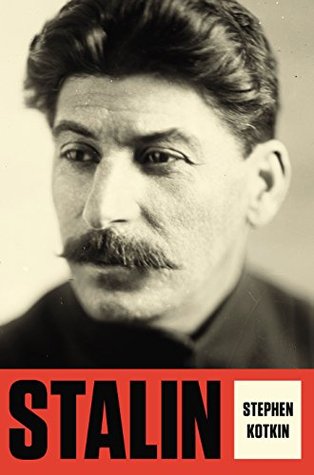More on this book
Community
Kindle Notes & Highlights
Read between
April 30 - June 15, 2025
The young Stalin had a penis, and he used it.
He devoured books, which, as a Marxist, he did so in order to change the world.
All the ad hoc empire building—and there is no other kind—resulted in a jumble of contradictions.
“In his first years of study,” allowed a Soviet-era publication of reminiscences, “Stalin was very much a believer, going to all the services, singing in the church choir. . . . He not only observed all religious rites but always reminded us to observe them.”
Others live off our labor; they drink our blood; our oppression quenches their thirst with the tears of our wives, children, and kin.
Marx, unlike Smith, stipulated that global capitalism would lose its dynamism.
“Everything that allows the triumph of the revolution is moral, and everything that stands in its way is immoral.”
Tsarism suffered a debilitation it could not overcome: the imperatives of autocracy undermined the state.
“Marxism is not only a theory of socialism, it is a complete worldview, a philosophical system,” he wrote. “This philosophical system is called dialectical materialism.”
“the proletarians worked day and night but nonetheless remain poor. The capitalists do not work but nonetheless they get richer.”
The government needed repression to endure, yet repression alienated ever more people, further narrowing the social base of the regime, thereby requiring still more repression.
As a rule, a regime perishes not because of the strength of its enemies but because of the uselessness of its defenders.


